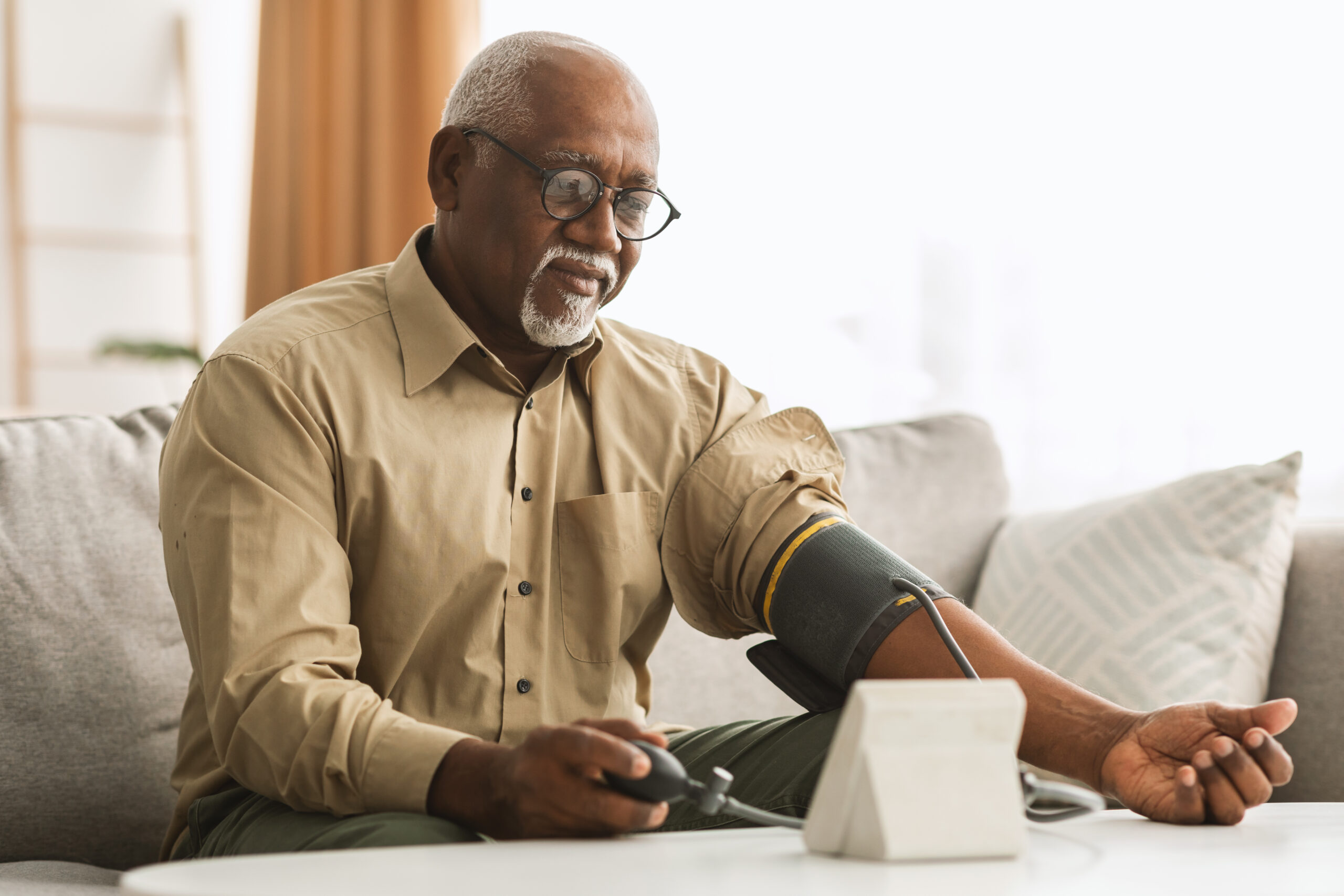
If you are a senior citizen and have been diagnosed with high blood pressure, it is important to understand the treatments available to you and the guidelines for managing your condition. High blood pressure can be dangerous if left untreated, but there are many ways to control it. In this blog post, we will discuss the treatments and guidelines for managing high blood pressure in seniors.
What is High Blood Pressure?
High blood pressure, also known as hypertension, is a condition in which the force of your blood against your artery walls is too high. This can cause damage to your arteries and increase your risk for heart disease, stroke, and other health problems. If you have high blood pressure, it is important to get it under control with treatment.
There are many different treatments available for high blood pressure, and the best treatment for you will depend on your situation. Some common treatments include lifestyle changes, medication, and surgery. Let’s take a closer look at each of these options.

Lifestyle Changes:
Making some simple lifestyle changes can often help to control high blood pressure. Some lifestyle changes that may help include eating a healthy diet, maintaining a healthy weight, exercising regularly, and reducing stress. If you smoke, quitting smoking is also an important lifestyle change to make.
Medication:
There are many different medications available to treat high blood pressure. The type of medication you will need will depend on your situation. Some common medications used to treat high blood pressure include diuretics, ACE inhibitors, beta-blockers, and calcium channel blockers.
Surgery:
In some cases, surgery may be necessary to treat high blood pressure. Surgery is usually only recommended if lifestyle changes and medication have not been successful in controlling your blood pressure.
Blood Pressure Numbers
Blood pressure naturally fluctuates throughout the day, but it is lowest when you are sleeping. It can also rise when you are excited, nervous, or active. For most waking hours, though, BP stays relatively stable and should be lower than 120/80 mmHg.
In general, lower numbers are better, but very low BP can also be a cause for concern. Consistent readings in the elevated or “prehypertension” range increase the likelihood that hypertension will develop unless preventative actions are taken. Individuals of any age who have chronic kidney disease and/or diabetes should pay close attention to their BP.

Guidelines for Seniors
The guidelines above are for the general population, but older adults’ health needs and benchmarks differ from those of younger individuals in many ways because our bodies function less efficiently with age. While 130/80 mmHg is the generic threshold for starting BP medications, there have been many disagreements among medical professionals regarding the threshold for older adults. Age, frailty, and other comorbidities like diabetes and chronic kidney disease complicate this matter even further.
The Eighth Joint National Committee (JNC 8) issued new blood pressure guidelines for seniors in 2014 recommending that individuals over age 60 aim for a reading below 150/90 mmHg. The JNC 8 recommendation for patients of any age with diabetes or chronic kidney disease is to aim for BP readings below 140/90 mmHg. These are not hard and fast rules, though, because each senior’s health needs are unique.
A few years after the JNC 8 report, the American College of Cardiology (ACC) and the American Heart Association (AHA) published Beyond the 2017 Guideline for the Prevention, Detection, Evaluation, and Management of High Blood Pressure in Adults. In this report, the ACC and AHA advocate more aggressive treatment for hypertension. The ACC/AHA report advises pharmaceutical treatment of hypertension for noninstitutionalized ambulatory adults 65 years of age and older who have average systolic blood pressure over 130 mmHg. The treatment goal for this population is less than 130 mmHg. However, for adults 65 and older who have hypertension combined with other serious comorbidities and/or a limited life expectancy, the ACC/AHA recommends a comprehensive risk/benefit analysis involving both physicians and patients when devising personalized plans of treatment.
What Causes HyperTension?
BP rises naturally as we age. In many seniors with high blood pressure, a single specific cause is not known. This is called essential or primary high blood pressure. Research is ongoing to find the causes of essential HBP.
In some people, high blood pressure is the result of another medical problem or medication. When the direct cause is known, this is called secondary high blood pressure.
We hope you learned a little from this blog. Stay hydrated and avoid salt. See you soon.

